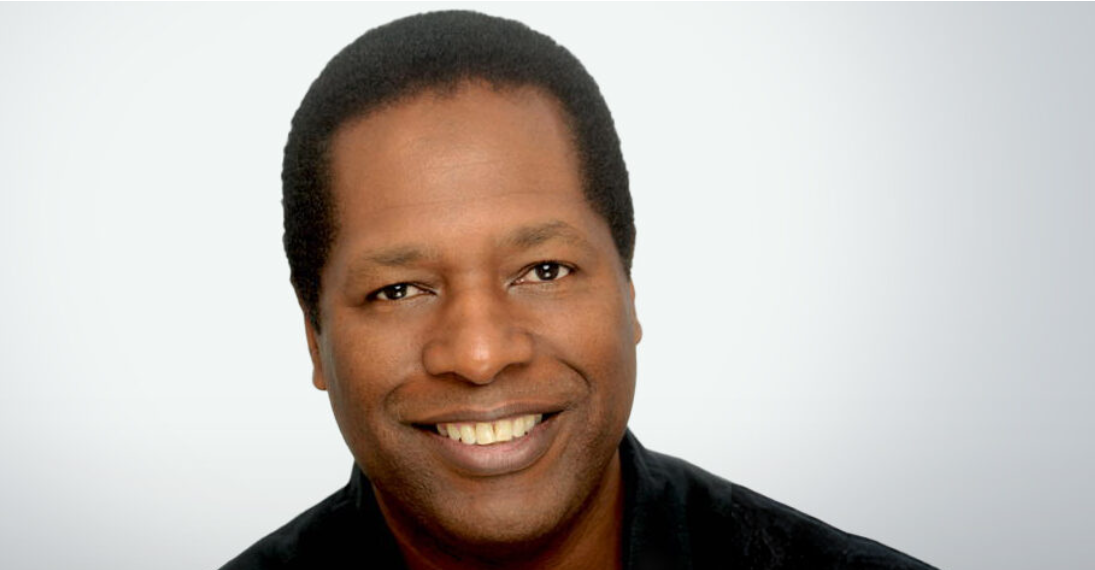The arts have always played a significant role in Wren T. Brown’s family legacy. Brown, the founder and producing artistic director of Ebony Repertory Theatre, recently released the book The Family Business which details how his family members made history through music, art, and theater.
With a foreword by Wynton Marsalis, prologue by Dr. Henry D. Miller, and afterword by Leslie Odom, the books takes readers on journey of resilience and creativity.
Brown spoke with ADW about the significance of the book.
What inspired you to create The Family Business: Four Generations of One Black Family’s Artistic Odyssey?
Thank you so much for having me! The inspiration for this work began with the preservation of my grandparents’ materials. Over the years, I had been given scrapbooks, photographs, and other family memorabilia. As I embarked on my own career journey, I started to appreciate the value of understanding and preserving your history—especially when you’re the one telling the story. I took the time to scan documents, organize their placement, and ensure that everything was carefully maintained, which led me to a deeper realization: my family’s artistic history was worth telling.
When I discovered more about my great grandfather’s theater company, the New Orleans Fronters, it sparked something special in me. This was a group he had founded in the early 20th century, employing 22 to 25 people at various times. They were pioneers in the arts during a period when African Americans had limited opportunities. Additionally, I later founded the Ebony Repertory Theatre, the first and only African American professional theater in Los Angeles. These two milestones, one in the early 1900s and the other in 2008, felt like bookends to an ongoing legacy. Combining my passion for preserving their legacy with my own experiences in the arts, I felt compelled to tell the story of my family’s journey. That’s how the book was born.
It’s remarkable how each generation in your family found a deep connection to the arts. Can you elaborate on how creativity played such a pivotal role in shaping your family?
Yes, absolutely. One of the things that struck me growing up was realizing the importance of communication in my life. From a very young age—around five years old—I felt a strong calling to be a communicator. I wasn’t sure in what form it would take, whether it would be through ministry, broadcasting, journalism, or the arts, but I knew it was something I was destined to pursue.
As I grew older, I began to understand how deeply ingrained the arts were in my family. My father was a jazz musician and a child actor. My mother’s parents—my heroes—were also artists. That was when I realized that creativity was not just in our bloodline, but it was a noble profession. A lot of people dismiss careers in the arts as less than honorable, but for my family, it was always seen as something worthy of respect. My goal was to succeed as an artist in a subjective industry. My grandparents laid the foundation for that by making artistry a noble pursuit.
What’s interesting is that the creative endeavors of my four grandparents—each from different parts of the South—taught me something important. My great grandfather came from rural Louisiana, my father’s mother from Mobile, Alabama, and my father’s father from Memphis, Tennessee. Despite their different backgrounds, what they all shared was an ability to feel deeply, to connect emotionally through their art. And that’s something I’ve always admired and strived for in my own work.
Creative people have a unique ability to make you feel, whether it’s through music, theater, or other art forms. The power of creativity can bring a neighborhood, a community, or even the world closer together by making them feel more whole. My family’s artistic legacy was all about giving people that experience—making them feel something profound and helping them see themselves in a new, more complete way. That’s the inspiration I carry with me every day, thanks to my four incredible grandparents.
It’s clear that the arts have shaped who you are today. What’s your hope for future generations who may read your book or learn about your family’s journey?
I hope that they take away the understanding that your history and your story matter. Whether it’s through art or another form of self-expression, knowing where you come from and the legacy you’re a part of is so important. I want future generations to understand that the arts are not just a career choice—they’re a way of life, a way to connect with others, and a way to make a lasting impact on the world. I also want them to know that creativity isn’t confined by any one path. The arts are vast and varied, and there’s room for everyone to find their voice and contribute to the ongoing narrative of human experience.
Join our email list to stay connected.








